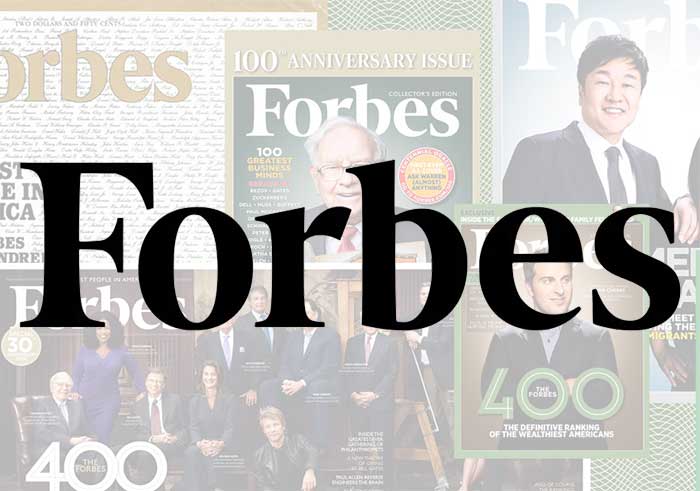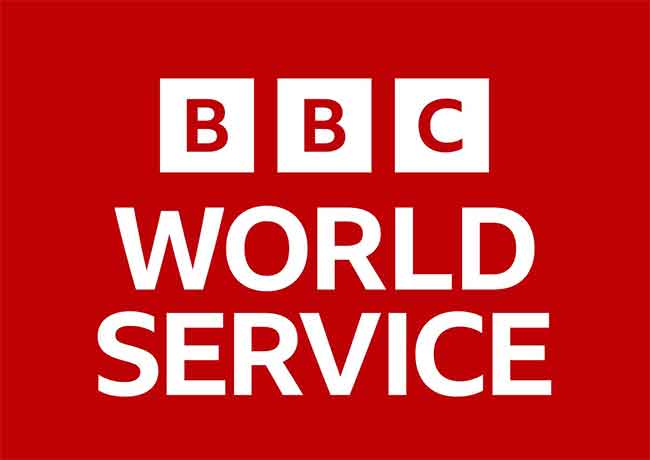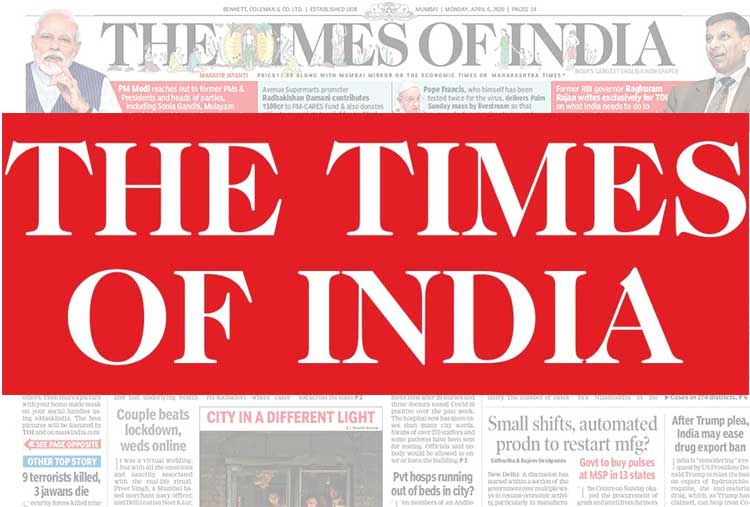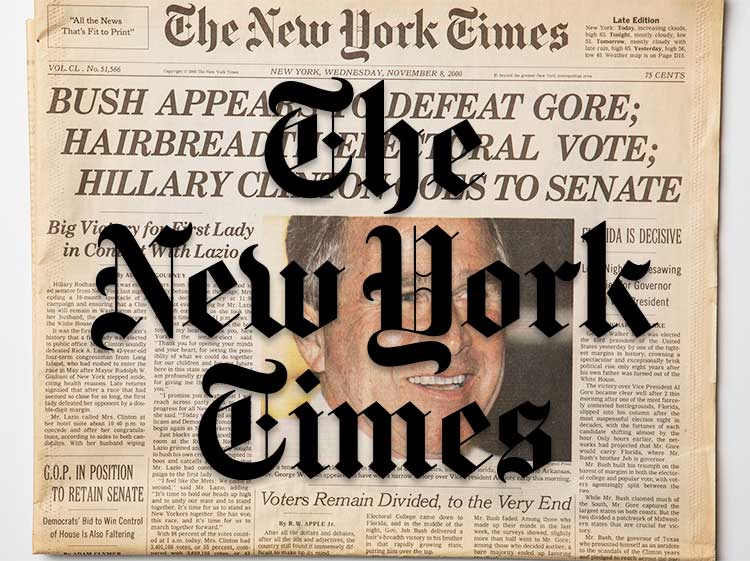
World Radio Day is a global celebration of one of humanity's most enduring communication tools. Established by UNESCO in 2011, this annual event honours radio's profound impact on societies worldwide. Observed every February 13th, it serves as a reminder of how radio continues to connect people, foster dialogue, and amplify diverse voices. From its early days as a groundbreaking invention to its modern role in digital media, radio remains a powerful medium for storytelling, education, and advocacy. This day invites individuals, communities, and organizations to reflect on the importance of World Radio Day and explore ways to celebrate its legacy.
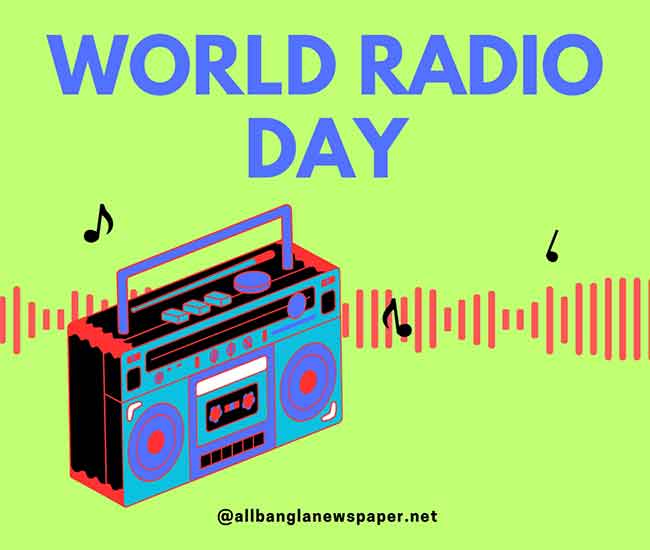
The significance of radio lies not only in its accessibility but also in its ability to transcend barriers. Radio reaches audiences across geographies, cultures, and languages through traditional broadcasts or online streaming platforms. It is vital in disseminating information during emergencies, promoting cultural diversity, and empowering marginalized groups. As part of the celebrations, many institutions organize panel discussions, workshops, and community-driven initiatives highlighting the medium's contributions to society. These activities align with the broader goals of fostering unity and understanding through communication.
In addition to recognizing the achievements of radio professionals, World Radio Day encourages active participation from listeners and creators alike. People can honour the medium's enduring relevance by engaging in meaningful conversations and creative projects while exploring innovative ways to shape its future. This celebration is about looking back at radio's history and envisioning its potential to inspire change in an increasingly interconnected world.
The Origins and Importance of World Radio Day
The origins of World Radio Day trace back to a proposal by Spain's Academy of Radio in 2011, which sought to recognize the transformative power of radio as a communication tool. UNESCO quickly embraced the idea, designating February 13th as the official date to celebrate this influential medium. The choice of date holds historical significance, marking the anniversary of the United Nations establishing United Nations Radio in 1946. This decision underscored the medium's role in fostering peace, cooperation, and global understanding during post-war recovery. Over the years, World Radio Day has become a platform for raising awareness about the medium's continued relevance in modern society.
The importance of World Radio Day lies in its ability to spotlight the unique strengths of radio as a medium. Unlike other forms of media, radio is affordable, accessible, and adaptable, making it a lifeline for communities around the globe. Radio remains a primary source of news, education, and entertainment in remote areas with limited internet connectivity. It also serves as a critical tool during emergencies, delivering real-time updates and life-saving information to affected populations. Beyond its practical applications, radio fosters a connection by bringing people together through shared experiences through music, talk shows, or live broadcasts.
Celebrations of World Radio Day often include speeches that emphasize these values. A well-crafted World Radio Day speech can inspire audiences by highlighting stories of how radio has empowered individuals and communities. For instance, broadcasters might share anecdotes about using radio to promote literacy, advocate for social justice, or preserve cultural heritage. These narratives remind us that radio is more than just a technological innovation; it is a vehicle for human expression and progress. By honouring its past achievements and embracing its future possibilities, we ensure that radio remains a cornerstone of communication in the digital age.
National Radio Day A Celebration of Local Voices
While World Radio Day focuses on the global impact of radio, National Radio Day offers a chance to celebrate the unique contributions of local stations and their role in shaping regional identities. This day, observed annually on August 20th in the United States, highlights the importance of community-driven broadcasting and its ability to reflect the diverse voices within a specific area. Local radio stations serve as cultural hubs, offering programming that resonates with their audience's interests, concerns, and traditions. From morning talk shows discussing neighbourhood issues to evening programs showcasing regional music, these stations create a sense of belonging and shared identity among listeners.
National Radio Day recognizes the hard work of local broadcasters who dedicate themselves to serving their communities. These individuals often go beyond traditional reporting, advocating for local causes and amplifying underrepresented perspectives. For example, local radio becomes a trusted source of information during natural disasters or public health crises, guiding residents through challenges and fostering resilience. Similarly, many stations collaborate with schools, nonprofits, and grassroots organizations to address pressing social issues, further cementing their role as pillars of community support.
Celebrating National Radio Day can take many forms, from hosting listener appreciation events to organizing fundraisers that ensure the sustainability of local stations. Listeners are encouraged to engage with their favourite programs by calling in, sharing stories, or participating in contests. These interactions strengthen the bond between broadcasters and their audiences and reinforce the value of radio as a medium that thrives on human connection. By honouring National Radio Day alongside World Radio Day, we acknowledge the dual importance of both global and local voices in shaping the radio landscape.
Engaging World Radio Day Activities for Everyone
World Radio Day activities provide a dynamic way to celebrate the medium's enduring influence while encouraging creativity and collaboration. These activities range from interactive workshops and live broadcasts to educational programs and community-driven initiatives, ensuring there is something for everyone to enjoy. Schools and universities often organize mock radio shows where students can experience the thrill of broadcasting firsthand. Participants write scripts, record segments, and even edit audio clips, gaining valuable insights into radio production's technical and creative aspects. Such hands-on experiences educate and inspire young minds to consider careers in media and communication.
Community centres and libraries frequently host listening parties, inviting people to gather and enjoy curated playlists or special broadcasts. These events often feature discussions led by local broadcasters or experts who share their knowledge about the history and evolution of radio. Attendees leave with a deeper appreciation for the medium and its ability to unite people through shared experiences. Another popular activity involves creating podcasts or short audio documentaries, allowing participants to explore storytelling techniques and experiment with sound design. These projects can be shared online, extending the reach of World Radio Day celebrations to a global audience.
For those who prefer virtual engagement, online platforms offer opportunities to participate in webinars, live streams, and collaborative projects. Social media campaigns encourage users to share their favourite radio memories or discuss how radio has impacted their lives. By incorporating these diverse activities into the celebration, World Radio Day ensures that its message of inclusivity and innovation resonates with people of all ages and backgrounds.
Exploring the World Radio Day Theme
Each year, World Radio Day introduces a new theme to focus on specific aspects of the medium's role in society. These themes guide celebrations, encouraging broadcasters, educators, and listeners to reflect on how radio can address contemporary challenges and opportunities. Recent themes have highlighted diversity, innovation, and the importance of trustworthy information in an era of misinformation. By aligning activities and discussions with these themes, participants can deepen their understanding of radio's potential to drive positive change.
For example, a World Radio Day theme centred on diversity might inspire stations to feature programming that showcases underrepresented voices and perspectives. This could include interviews with community leaders, segments highlighting cultural traditions, or collaborations with minority-focused organizations. Such efforts enrich the content available to listeners and reinforce the medium's commitment to inclusivity. Similarly, a theme focused on innovation might encourage broadcasters to experiment with new technologies, such as AI-driven content creation or immersive audio formats, demonstrating radio's adaptability in a rapidly evolving media landscape.
The annual theme provides a platform for thought-provoking discussions during panel talks and workshops. Experts from various fields come together to explore how radio can contribute to solving global issues, from climate change to social inequality. These conversations often result in actionable insights broadcasters can implement in their programming. By embracing the World Radio Day theme, participants ensure that their celebrations remain relevant and impactful, reinforcing the medium's position as a catalyst for progress and connection.
The Role of Speeches in Honoring World Radio Day
A compelling World Radio Day speech has the power to inspire, educate, and unite audiences by emphasizing the medium's profound impact on society. These speeches often serve as the centrepiece of celebrations, providing a platform for broadcasters, policymakers, and community leaders to articulate the values that make radio an indispensable tool for communication. A well-delivered speech can highlight the medium's ability to bridge divides, amplify marginalized voices, and foster empathy among listeners. It also offers an opportunity to reflect on the industry's challenges, such as the rise of digital media and the need for sustainable funding models.
An effective World Radio Day speech requires a balance of personal anecdotes, historical context, and forward-looking vision. Speakers might share stories of how radio has transformed lives, whether by providing critical information during emergencies or giving a voice to those who might otherwise go unheard. They can also draw attention to the medium's resilience, noting how it has adapted to technological advancements while maintaining its core mission of connecting people. Including references to notable milestones, such as establishing United Nations Radio or internet streaming, adds depth and credibility to the narrative.
Beyond celebrating achievements, a World Radio Day speech can challenge listeners to think critically about the future of radio. Speakers might call for greater investment in local stations, advocate for policies that protect media freedom, or encourage innovation in content delivery. By inspiring action and reflection, these speeches ensure that the spirit of World Radio Day extends beyond the day itself, motivating individuals and organizations to support the medium's continued growth and relevance.
International Darwin Day A Parallel Celebration of Discovery
While World Radio Day celebrates the power of communication, International Darwin Day honours the spirit of scientific discovery and exploration. Both observances aim to foster curiosity and understanding, albeit through different lenses. Just as radio connects people through shared stories and experiences, Charles Darwin's theories connect humanity through a shared biological heritage. Recognizing these parallels underscores the importance of knowledge dissemination and the role of media, including radio, in advancing public awareness of scientific breakthroughs. By drawing inspiration from International Darwin Day, World Radio Day can further emphasize its mission to educate and inspire through the airwaves.
Radio has long been a platform for discussing scientific advancements, and World Radio Day provides an opportunity to highlight this intersection. Special broadcasts dedicated to science and innovation can feature interviews with researchers, discussions about evolutionary biology, and reflections on how discoveries like Darwin's continue to shape our understanding of the world. These programs inform and spark curiosity, encouraging listeners to explore topics they might not encounter daily. By integrating themes of discovery and learning, World Radio Day reinforces its role as a catalyst for intellectual growth and societal progress.
The synergy between these two celebrations demonstrates the versatility of radio as a medium. Whether through storytelling, education, or advocacy, radio remains a powerful tool for bridging gaps and fostering connections. By honouring World Radio Day and International Darwin Day, we celebrate the enduring quest for knowledge and the mediums that bring it to life.
The Enduring Legacy of Radio in Modern Times
The Importance of World Radio Day lies not only in celebrating the past achievements of radio but also in recognizing its evolving role in the modern world. Despite the rise of digital platforms and social media, radio continues to thrive as a medium that adapts to changing times while retaining its core strengths. Its ability to deliver real-time information, foster community engagement, and provide a platform for diverse voices ensures its relevance in an increasingly fragmented media landscape. By embracing innovation and addressing contemporary challenges, radio remains a vital tool for communication and connection.
One of the key factors contributing to radio's enduring legacy is its accessibility. Unlike many digital technologies, radio does not require expensive equipment or high-speed internet, making it an inclusive medium that reaches even the most remote areas. This accessibility is particularly crucial during emergencies when reliable information can save lives. Additionally, radio's adaptability allows it to integrate with new technologies, such as podcasts and streaming services, expanding its reach and appeal to younger audiences. These innovations demonstrate that radio is not a relic of the past but a dynamic medium capable of meeting the needs of future generations.
As we celebrate World Radio Day, it is essential to acknowledge the medium's ongoing contributions to society. From promoting cultural diversity to supporting local economies, radio plays a multifaceted role in shaping communities and fostering dialogue. By continuing to innovate and address the challenges of the digital age, radio ensures that its legacy will endure for years to come. Through thoughtful celebrations and meaningful engagement, we honour the medium's past while paving the way for its future.
#WorldRadioDay #WorldRadioDaySpeech #NationalRadioDay

